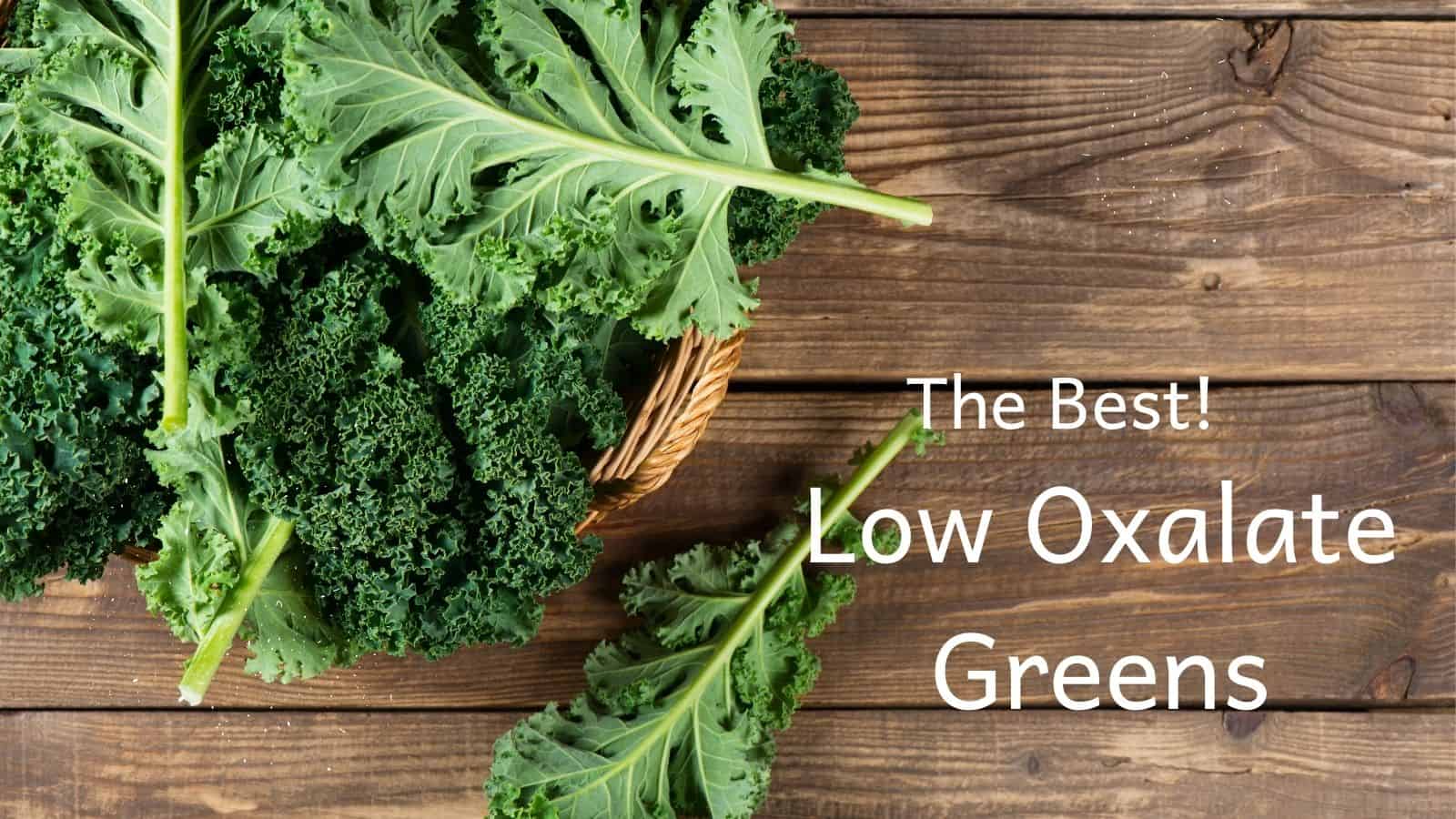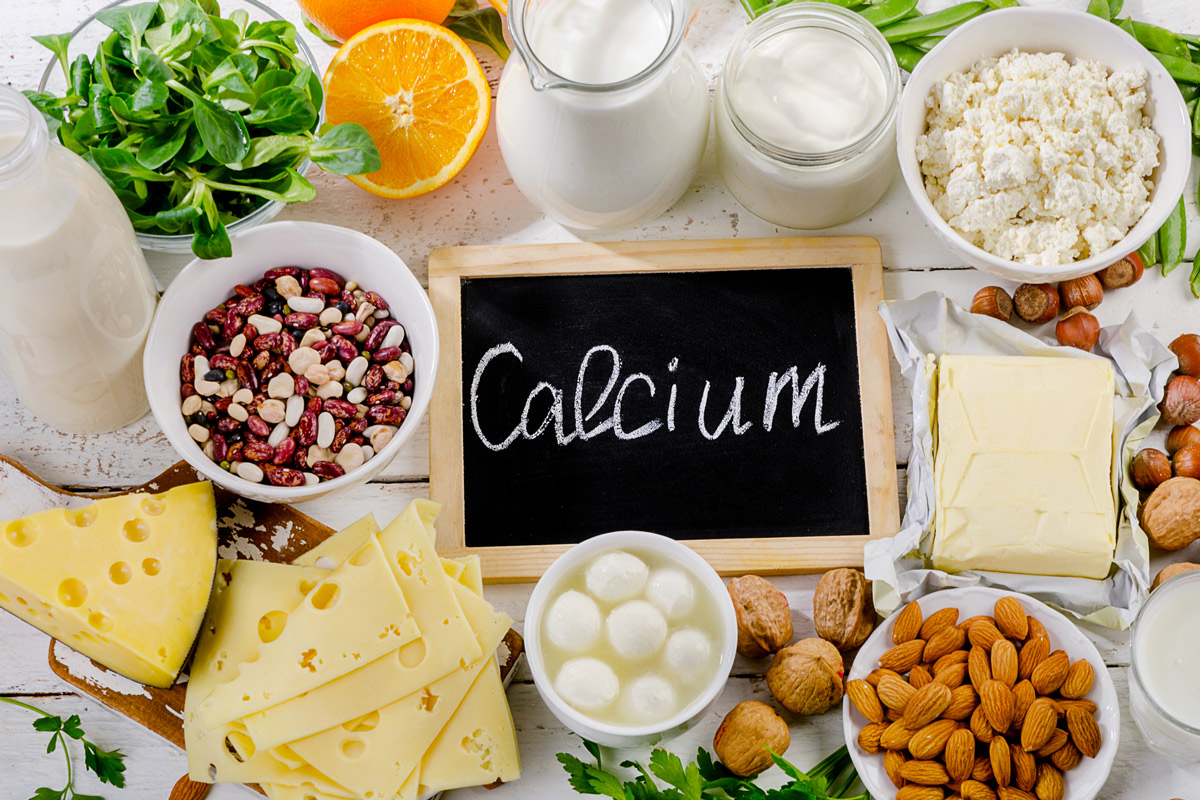Kidney stones can be a painful and debilitating condition, and adopting a low-oxalate diet is one approach that can help prevent their formation. By understanding the role of oxalate in stone development and making informed choices about food, individuals can take control of their health and reduce the risk of kidney stones. In this article, we will explore five helpful pieces of information about a low-oxalate diet, including foods to avoid and substitute, to guide you towards kidney stone prevention.
1, Understanding Oxalate.
Oxalate is indeed a naturally occurring compound that can be found in various foods. It is produced by the body as well as consumed through the diet. While the body can eliminate some oxalate through urine, excessive amounts can lead to the formation of crystals, primarily in the kidneys, which can eventually develop into kidney stones.
When oxalate binds with calcium in the urinary tract, it can form calcium oxalate crystals, the most common type of kidney stone. These crystals can grow in size and potentially cause pain and discomfort when passing through the urinary tract.
Reducing oxalate intake is one approach to help lower the risk of kidney stone formation, particularly for individuals who are prone to developing stones. By moderating the consumption of high-oxalate foods, it's possible to reduce the overall oxalate load in the body.
It's important to note that not all kidney stones are solely caused by oxalate. Other factors, such as genetic predisposition, dehydration, certain medical conditions, and dietary factors beyond oxalate intake, can also contribute to stone formation.
If you're concerned about kidney stones or have a history of kidney stone formation, it's advisable to consult with a healthcare professional or a registered dietitian who can provide personalized advice and guidance tailored to your specific situation.
2, Foods to Avoid.
There are several foods that are high in oxalate and are often recommended to be limited or avoided in a low-oxalate diet. Some examples of high-oxalate foods include:
Leafy greens: Spinach, Swiss chard, and beet greens are known to have high oxalate content.
Rhubarb: Rhubarb stalks are particularly high in oxalate.
Nuts: Almonds, cashews, and peanuts (including peanut butter) are relatively high in oxalate.
Seeds: Sesame seeds and poppy seeds contain notable amounts of oxalate.
Legumes: Soybeans, chickpeas, and lentils are legumes with higher oxalate levels.
Chocolate: Cocoa powder and dark chocolate have moderate to high oxalate content.
Tea: Black tea, green tea, and other teas derived from the Camellia sinensis plant contain oxalates.
Certain fruits: Some fruits, such as berries (raspberries, blackberries), currants, and kiwi, have moderate oxalate content.
However, it's important to remember that oxalate content can vary even within food types, depending on factors like ripeness, processing, and cooking methods. Therefore, consulting a comprehensive oxalate food list or seeking guidance from a healthcare professional or registered dietitian experienced in managing kidney stones is advisable to ensure accurate information and personalized recommendations.
It's also worth noting that while reducing high-oxalate foods can be beneficial for individuals prone to kidney stones, it's not necessary for everyone to follow a low-oxalate diet. For most people, a balanced diet that includes a variety of foods, along with adequate hydration, is sufficient to maintain kidney health.
3, Low-Oxalate Substitutes.
Those are great suggestions for low-oxalate substitutes! Here are some additional alternatives for high-oxalate foods:
Nuts and seeds: Opt for low-oxalate options such as macadamia nuts, pecans, flaxseeds, and sunflower seeds.
Protein sources: Include lean meats, poultry, fish, and eggs as protein sources instead of relying heavily on high-oxalate legumes.
Beverage options: Herbal teas, such as chamomile or peppermint tea, are excellent choices for a low-oxalate diet. Additionally, consider drinking plenty of water to stay hydrated, as proper hydration is important for kidney stone prevention.
Calcium sources: Incorporate low-fat dairy products like milk, yogurt, and cheese into your diet, as they are generally low in oxalate and provide important sources of calcium.
Alternative grains: Include low-oxalate grains like millet, amaranth, and barley in your meals instead of high-oxalate grains such as wheat and rye.
It's essential to note that while these alternatives are lower in oxalate, moderation is still key. Balancing your diet and ensuring a wide variety of nutrient-rich foods is crucial for overall health. Consulting a healthcare professional or a registered dietitian can provide you with personalized guidance and recommendations based on your specific dietary needs and health goals.
4, Adequate Calcium Intake.
Adequate calcium intake is indeed crucial for kidney stone prevention, and it can work synergistically with a low-oxalate diet. Contrary to common belief, consuming enough calcium can actually help reduce the risk of kidney stone formation.
Calcium binds to oxalate in the intestines, forming insoluble calcium oxalate complexes. This prevents oxalate from being absorbed into the bloodstream, thus reducing the amount of oxalate available for crystal formation in the kidneys.
It's important to note that while calcium is beneficial, it's recommended to obtain it from low-oxalate sources to minimize oxalate intake. Good options for low-oxalate calcium sources include dairy products like milk, yogurt, and cheese. However, if you're lactose intolerant or prefer non-dairy alternatives, you can consider calcium-fortified foods such as certain plant-based milk alternatives, tofu, or fortified cereals.
In some cases, dietary calcium may not be sufficient, and your healthcare provider may recommend calcium supplements. It's essential to consult with a healthcare professional or a registered dietitian who can assess your specific needs and provide appropriate recommendations for calcium intake.
Remember that maintaining a balance between calcium and oxalate intake is crucial. Your healthcare provider or dietitian can guide you in finding the right balance and tailoring your dietary approach to your individual needs and health goals.
5, Personalized Approach.
A personalized approach to a low-oxalate diet is crucial, especially for individuals with a history of kidney stones or those who are at risk. Consulting a registered dietitian or healthcare professional who specializes in kidney stone prevention is highly recommended.
These professionals can assess your medical history, current health status, and dietary preferences to create an individualized plan that suits your specific needs. They will consider factors such as the type of kidney stones you've had, any underlying medical conditions, and your overall nutritional requirements.
A registered dietitian can provide you with a comprehensive oxalate food list, help you identify high-oxalate foods to limit or avoid, and suggest appropriate low-oxalate alternatives. They can also ensure that your low-oxalate diet still meets your nutritional needs by providing guidance on proper portion sizes, balanced meal planning, and adequate intake of essential nutrients.
Moreover, a healthcare professional or registered dietitian will monitor your progress, make adjustments as needed, and provide ongoing support to help you maintain a healthy and sustainable dietary approach.
Remember, each person's nutritional needs and tolerances can vary, so seeking professional guidance ensures that your low-oxalate diet is tailored specifically to you, promoting kidney stone prevention while maintaining overall health and well-being.
Taking proactive measures to prevent kidney stones is vital for maintaining optimal health. Embracing a low-oxalate diet can significantly reduce the risk of stone formation. By avoiding or limiting high-oxalate foods and incorporating low-oxalate substitutes into your diet, you can make positive changes towards kidney stone prevention. Remember to consult a healthcare professional or registered dietitian to tailor the diet to your specific needs and ensure you meet your nutritional requirements. With the right knowledge and personalized guidance, you can take control of your dietary choices and enjoy a life free from the burden of kidney stones.

:max_bytes(150000):strip_icc()/Non-gassy-foods-1944688-5b95dd74c9e77c0082fb7bad.png)



Comments
Post a Comment